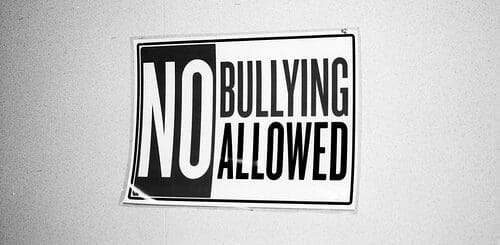What Happens to Your Mood When You Lie on Facebook
 Have you ever clicked the “Like” button on a post that you didn’t really like or care about, just to make sure you were part of a group?
Have you ever clicked the “Like” button on a post that you didn’t really like or care about, just to make sure you were part of a group?
If you answered yes, you’re not alone. A new study has found that lots of young adults “like” posts that they don’t really like—basically creating a false image of who they are. The study explored the relationship between false self-presentation on Facebook and users’ mental wellbeing, depression, anxiety, and stress.
The study also found that those who participate in this false “liking” do it because they think it’s more morally acceptable to lie online than it is in real life.
And the study found that when you falsely “like” something on Facebook, you make your anxiety worse. And when you post things on Facebook that are totally false—outright lies—you increase your risks for both anxiety and depression over time.
The study found that it’s more common for young adults to falsely “like” posts rather than to post things that are totally false. And falsely “liking” posts is associated with more detrimental mental health.
On the other hand, the study found that most people don’t like on Facebook. And it found that when you’re authentic on Facebook—when your posts are true, and when you “like” things that you really like—you experience more mental wellbeing, better social connectedness, and less stress.
The study looked at 211 Facebook users aged 18-29. Most of them were university students, and on average they had 487 friends (60 percent on average were friends “in real life”).
How has it made you feel to click “like” on Facebook posts you don’t like? How else have you falsely represented yourself online? How much stress does using Facebook bring you as opposed to other social media platforms, such as Instagram or Snapchat?




Recent Comments